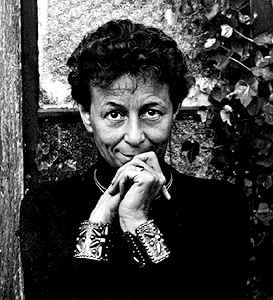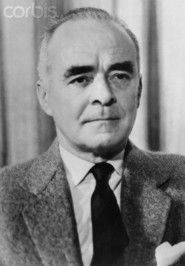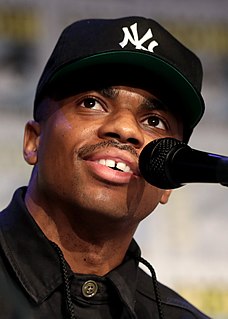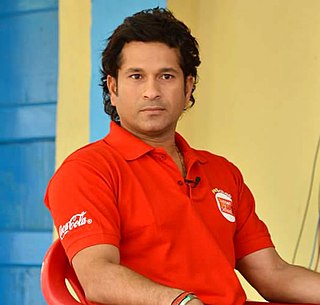A Quote by Asma Jahangir
Even before his detention, my father was fighting many cases. He remained in jail in Multan. He remained in jail in Bannu. But we were not allowed to go see him there. We always saw him in courts. So for me, the courts were a place where you dressed up to see your father. It had a very nice feeling to it.
Related Quotes
Don't drop him," said Peter's mother to his father. "Don't you dare drop him." She was laughing. "I will not," said his father. "I could not." For he is Peter Augustus Duchene, and he will always return to me. Again and again, Peter's father threw him up in the air. Again and again, Peter felt himself suspended in nothingness for a moment, just a moment, and then he was pulled back, returned to the sweetness of the earth and the warmth of his father's waiting arms. "See?" said his father to his mother. "Do you see how he always comes back to me?
Were I to go down into the market-place, armed with the powers of witchcraft, and take a peasant by the shoulders and whisper to him, 'In your lifetime, have you known peace?' wait for his answer, shake his shoulders and transform him into his father, and ask him the same question, and transform him in his turn to his father, I would never hear the word 'Yes,' if I carried my questioning of the dead back for a thousand years. I would always hear, 'No, there was fear, there were our enemies without, our rulers within, there was prison, there was torture, there was violent death.
My father was overbearing. Very controlling. He was always the way he is, even before my success. He was not always a good person. He'd play mind games to make sure I knew my place. I don't see him, which is unfortunate. But I don't have any desire to see him. I vaguely know where he is, and I don't want to know.
She asked him to come and see her that night. He agreed, in order to get away, knowing that he was incapable of going. But that night, in his burning bed, he understood that he had to go see her, even if he were not capable. He got dressed by feel, listening in the dark to his brother's calm breathing, the dry cough of his father in the next room, the asthma of the hens in the courtyard, the buzz of the mosquitoes, the beating of his heart, and the inordinate bustle of a world that he had not noticed until then, and he went out in the sleeping street.
And he arose and came to his father. But while he was still a long way off, his father saw him and felt compassion, and ran and embraced him and kissed him. And the son said to him, 'Father, I have sinned against heaven and before you. I am no longer worthy to be called your son. But the father said to his servants, 'Bring quickly the best robe, and put it on him, and put a ring on his hand, and shoes on his feet. And bring the fattened calf and kill it, and cet us eat and celebrate. For this my son was dead, and is alive again; he was lost, and is found.' And they began to celebrate.
My father never feared death. He never saw it as an ending. I don't know why Alzheimer's was allowed to steal so much of my father before releasing him into the arms of death. But I know that at his last moment, when he opened his eyes - - eyes that had not opened for many, many days - - and looked at my mother, he showed us that neither disease nor death can conquer love.
Listen to me, kid. Don't forget that you are in a concentration camp. In this place, it is every many for himself, and you cannot think of others. Not even you father. In this place, there is no such thing as father, brother, friend. Each of us lives and dies alone. Let me give you good advice: stop giving your ration of bread and soup to your old father. You cannot help him anymore. And you are hurting yourself. In fact, you should be getting his rations.
One of my younger homies, he went to jail, and some people came to me and were like, "Bail him out," and I said no. Why would I bail him out? He's going to prison. Let him sit and get some time served. You want to be crazy, but you don't want to go to jail. You want to shoot people, but you don't want to kill people. That's such a misleading thing.






































